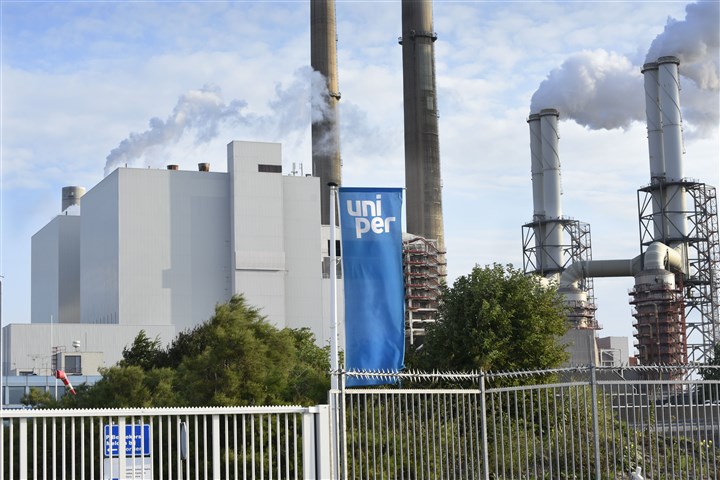Environmental efficiency

Less pollution with similar or higher levels of economic production and growth, i.e. greater environmental efficiency in production processes, is a central theme in green growth. The degree of decoupling between indicators on environmental pressure (emissions, waste) and economic growth (GDP) indicates the extent to which the environmental efficiency of production processes is increasing.
The Dutch economy is becoming more and more environmentally efficient. With the exception of particulate matter emissions from agriculture, all indicators for emissions and waste have declined in absolute terms while the economy has grown (absolute decoupling). It can be concluded that production processes have become more environmentally friendly and the Dutch economy has grown 'greener'.
Emissions of heavy metals to water and nutrient emissions from agriculture have been significantly reduced. Greenhouse gasses emissions from industry have steadily declined as a result of energy-saving measures and increasing imports of electricity, but also on account of the financial and economic crises. The carbon footprint, i.e. the volume of greenhouse gas emissions resulting from Dutch consumption, is stable. The Netherlands has an “average” international ranking with regard to environmental efficiency indicators . This indicates that other countries in the OECD or the EU are making similar progress. The Netherlands scores particularly poorly on the indicator nutrient surpluses in agriculture.